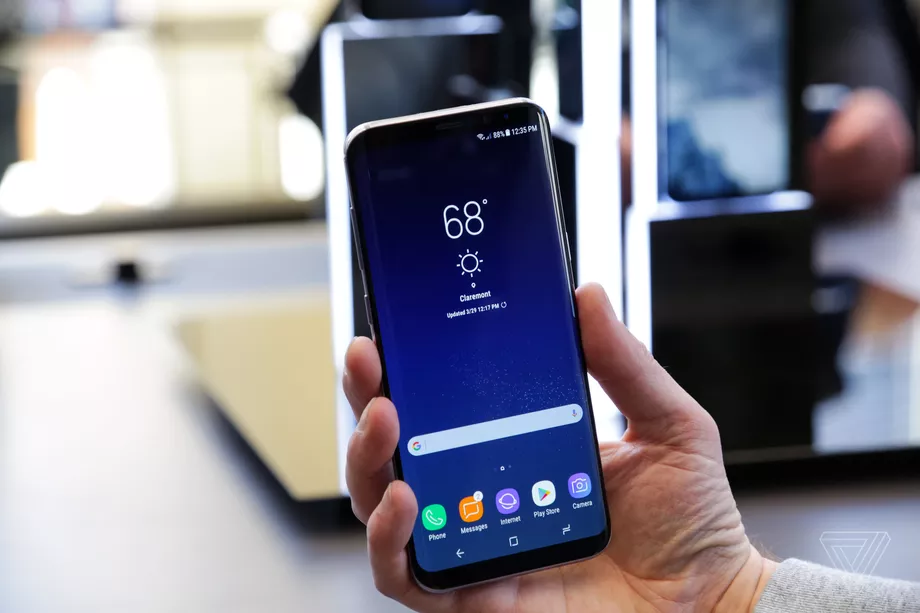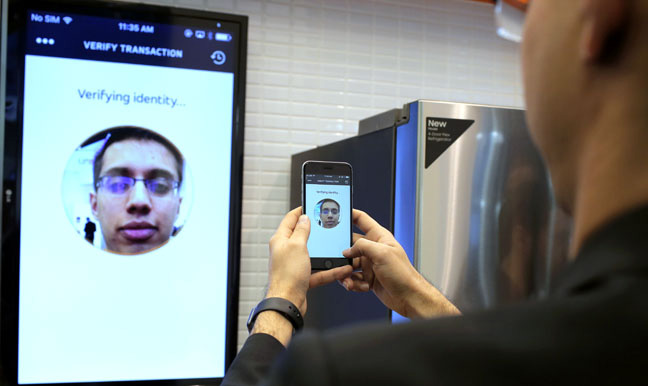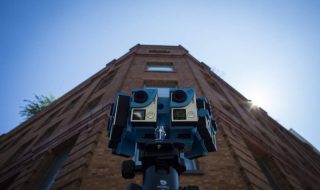
The requirements of strong passwords is always changing. At the beginning, a few letters or a single word would suffice. The requirements grew to include a specific number of characters, then requiring a capital, a number, an unique symbol, and even more outlandish requirements — making passwords nearly impossible to remember.
So now we are entering the next stage of passwords: Using your physical body as the password.
How can that be you ask? Are we living in the twilight zone? Well, not yet.
There are a few ways that our bodies could be used for passwords in the future.
One way is through biometrics. Biometrics is the use of physical or behavioral characteristics to identify individuals. Examples of biometrics include fingerprints, facial recognition, and voice recognition. Biometrics can be used to create passwords that are very difficult to hack.
Another way that our bodies could be used for passwords is through neuroscience. Neuroscience is the study of the brain and nervous system. Neuroscience could be used to create passwords that are based on our brain activity. This would make passwords that are very difficult to guess, even if someone had your fingerprint or facial recognition data.
Our bodies could be used for passwords through wearables. Wearables are devices that we wear on our bodies, such as fitness trackers and smart watches. Wearables could be used to create passwords that are based on our heart rate, steps taken, or other physical activity. This would make passwords that are difficult to guess and that would also change over time, making them even more secure.
In this article we discuss the few ways that our bodies could be used for passwords in the future. Biometrics, neuroscience, and wearables are all potential technologies that could be used to create secure and convenient passwords while maybe giving up a little of our personal privacy and security.
Fingerprint Password

Fingerprint, face scan, or password: what’s the best way to unlock your Galaxy S8?
Governments and police departments use fingerprints as a mean to identify people because everybody has a unique fingerprint. In fact, fingerprinting has been done since 1892. It makes sense that using fingerprints as a security measure could replace passwords, as it’s hard to steal a fingerprint.
Fingerprint scanners have been a feature on many laptops for years now, but the recent inclusion of such technology to smartphones has brought new attention to it. This trend started with Apple, who included a fingerprint scanner in the iPhone 5S. Now, multiple other smartphones are including fingerprint scanners to supplement or replace passwords or pins.
The major benefit of using a fingerprint is that it locks your phone so only you can access it. It’s hard for the average person to manipulate the fingerprint scanner to gain access, while they could find out your pin just by looking over your shoulder.
Using Your Face to Make Purchases
Alibaba’s Jack Ma Demonstrates Face Recognition Payment Tech
Unless you have an identical twin, your face is unique to you and you alone. One major security push from big financial companies is to utilize photos and facial recognition when making purchases.
A major benefit to this is cutting down on stolen identities and credit card fraud. If you have to take a live photo/short video showing your face and proving you are you, it makes it harder for criminals to make purchases with somebody else’s card.
Companies could better battle fraud and protect their interests by combining receipt tracking software with facial recognition. That way, they could connect a receipt with a face, and then when a purchase is challenged, they have photographic proof of who made the purchase.
Already, China is starting to implement this into their security measures. It’s being used for purchase authorization, acting as an entry pass to a tourist town, and even catching infamous toilet paper thieves.
One feature in facial recognition that could make it even more secure is the possibility of having users include a specific movement when authorizing a purchase or accessing a phone or computer. That could include a wink, a smile, or any other action unique to you.
Software That Detects Strange Behavior

Body of evidence: Biometrics and YOU
Behavioral biometrics don’t just look at your physical features, but also how you behave. A very basic version of this has existed for awhile and has been implemented to detect credit card fraud. If the system detects strange purchases — like making purchases all across the world or buying large amounts of unusual products — it raises a red flag.
Now it could be used with smartphones, computers, or any type of software with sensitive information. If a user starts to act suspicious, the system could implement additional security measures to ensure the person is authorized to use it. For example, if a person steals a smartphone and starts going to different websites, looking at unused apps, or texting strange numbers, then the phone could lock him out until he answers a security question or inserts a password.
The science has even got so advanced that it can even learn habits, like how you move your mouse, your typing patterns, and how you read text on a screen. This makes it even harder for somebody to pretend to be you the longer you work with the system.
Security Flaws That Need Fixing

Biometrics Are Coming, Along With Serious Security Concerns
As with all new technology, there are flaws that need fixing. Many fingerprint scanners on smartphones are easy to trick and aren’t currently the most reliable security measures. Another cause for concern with fingerprint scanners is the possibility of gaining unauthorized access by taking records of fingerprints and then 3D printing it in order to fool a scanner.
Facial recognition software has similar issues that need solving. Some types of the software can be bypassed by using photos or videos of the subject. Others could be unlocked by a person who simply looks like the subject, while others are difficult to unlock if the actual authorized user so much as gets a haircut or wears heavy amounts of makeup.
A nice feature of passwords is that if one is stolen, you can simply create a new one to replace it. A major flaw with utilizing biometrics as security measures is that once it’s compromised, you’re done. If somebody gets a hold of your fingerprint, you can’t get a new fingerprint.
For the flaws that biometrics have, it does have the potential to make security more convenient and dependable. Hopefully, the technology will become more advanced and be able to reliably identify the correct people — and successfully weed out attempts to trick or hack it.




